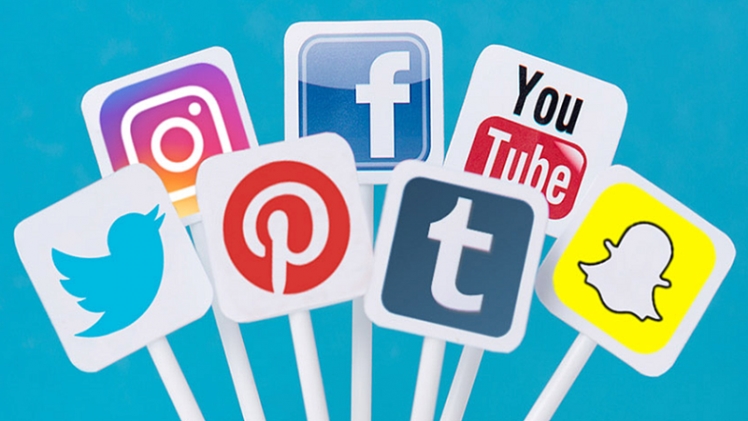Social media has woven itself into the fabric of modern society, transforming the way we connect, communicate, and consume information. It’s a virtual realm where individuals and businesses alike share, interact, and engage on a global scale. In this article, we explore the vast landscape of social media, examining its profound impact, evolution, and the opportunities and challenges it presents.
The Age of Connectivity: Redefining Communication
Social media has redefined how we communicate, breaking down geographical barriers and facilitating real-time interactions. Platforms like Facebook, Twitter, Instagram, and LinkedIn have become virtual town squares where people from diverse backgrounds engage in conversations, share life moments, and express opinions.
Instant messaging and video-sharing applications enable seamless communication, connecting people across time zones and continents. The ability to stay in touch with friends, family, and even strangers has reshaped personal relationships and the way we perceive the world.
A Platform for Expression: Empowering Voices
Social media has democratized content creation and expression. Anyone with an internet connection can become a content creator, sharing their thoughts, creativity, and perspectives with a global audience. Bloggers, vloggers, influencers, and activists use social media to amplify their voices and advocate for causes they are passionate about.
Social media also plays a pivotal role in societal movements and awareness campaigns. From promoting social justice to raising funds for charitable causes, platforms provide a space for collective action and global impact.
Business and Branding: The Power of Digital Marketing
Social media has transformed the landscape of marketing and business promotion. Brands leverage platforms to engage with consumers, build communities, and showcase their products and services. Social media marketing offers targeted advertising options, allowing businesses to reach specific demographics and tailor content to individual preferences.
Influencer collaborations, viral campaigns, and user-generated content have become integral to brand-building strategies. Social media analytics provide insights into consumer behavior and help refine marketing efforts for optimal engagement.
The Evolution of Platforms: Diversity and Innovation
Social media platforms continue to evolve, adapting to changing user preferences and technological advancements. While Facebook remains a dominant force, newer platforms like Instagram, Snapchat, TikTok, and Clubhouse have gained immense popularity, catering to different content formats and demographics.
Visual-centric platforms emphasize imagery and short-form videos, while others prioritize real-time conversations and community engagement. Live streaming has emerged as a popular medium, allowing individuals and businesses to interact with audiences in real time, fostering authentic connections.
The Dark Side: Challenges and Concerns
While social media has brought countless benefits, it also comes with challenges and concerns. The spread of misinformation, fake news, and cyberbullying can have serious real-world consequences. The anonymity that some platforms offer can exacerbate negative behaviors, raising ethical questions about online interactions.
Social media addiction is another concern, as excessive usage can impact mental health, leading to feelings of loneliness, comparison, and anxiety. It’s crucial for individuals to practice mindful consumption, set boundaries, and prioritize real-life interactions.
Privacy and Data Security: The Digital Footprint
The information shared on social media platforms contributes to the digital footprint individuals leave behind. Concerns about privacy and data security have led to discussions about how personal information is collected, stored, and used by platforms and advertisers.
Recent data breaches and controversies surrounding user data underscore the importance of understanding privacy settings and being cautious about the information shared online. Users should regularly review and adjust their privacy preferences to protect their digital identities.
The Future: Navigating an Ever-Changing Landscape
The future of social media holds exciting possibilities and challenges. Innovations in augmented reality, virtual reality, and artificial intelligence could revolutionize how we interact with content and each other. Social commerce, where users can shop directly on platforms, is also gaining traction, transforming the online shopping experience.
Social media’s role in shaping politics, culture, and public discourse will continue to be a topic of discussion. As platforms grapple with issues of misinformation, content moderation, and user safety, the evolution of social media will be shaped by efforts to strike a balance between freedom of expression and responsible content dissemination.
Conclusion: Bridging Worlds and Cultures
Social media stands as a digital bridge that spans cultures, connects individuals, and fosters global conversations. Its impact on communication, expression, and commerce is undeniable. While challenges persist, the potential for positive change, education, and empowerment through social media remains vast. By navigating this digital landscape with intention, awareness, and a commitment to responsible use, individuals can continue to harness the power of social media for personal, professional, and societal growth.

